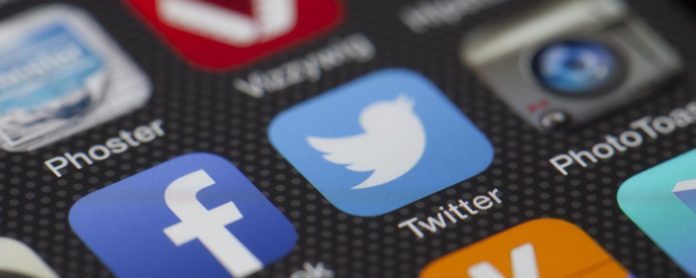A new study by researchers from CU Boulder and the University of Kentucky suggests that some Twitter users are unaware that researchers freely collect and analyze their tweets—including deleted ones—in the name of science. The users assume that this shouldn’t be allowed without their consent. And many wrongly assume it would be a violation of Twitter’s terms of service.
The publication comes at a time when several high-profile controversies–including this week’s revelation that Cambridge Analytica used Facebook data to develop political ads–are raising questions about what’s ethical and legal in the burgeoning world of big data research.
Scientists surveyed 268 Twitter users, average age 32. The normal member had posted around 2,000 tweets and took after around 350 records. Whenever inquired as to whether they knew analysts once in a while utilized their tweets, 62 percent said ‘no.’ When asked whether they thought specialists were allowed to do as such without asking them, 43 percent said ‘no.’ Of those, 61 percent said they trusted the scientists would break moral principles, and 23 percent said they trusted Twitter’s terms of administration prohibit it.
In reality, Twitter states in its privacy policy that it “broadly and instantly disseminates your public information to a wide range of users, including search engines, developers, universities, public health agencies, and market research firms…”
At the point when asked how they felt all in all about Tweets being utilized as a part of research, only 20 percent said they were for the most part awkward with it and just 30 percent said they would quit having any of their tweets utilized as a part of research on the off chance that they could.
The greater part said that if an analyst reached them to get assent and revealed to them what the investigation was about, they would likely give it.
Levels of uneasiness shifted extensively relying on what data was utilized and how.
For example, 63 percent said they would not need erased remarks utilized for an investigation (as they frequently seem to be), and 55 percent said they would not need one of their tweets, with their username joined, cited in a distributed research paper. (In at any rate once occasion, a correspondent reached the proprietors of such tweets to talk with them). Conversely, if a tweet was investigated alongside millions or cited secretly, most clients didn’t question.
The findings are published in the journal Social Media+ Society.
Lead author Casey Fiesler, an assistant professor in the Department of Information Science at CU Boulder said, “They were more upset about not being told than about the fact that it was happening. And they cared about things like what the study is about.”
“I certainly don’t want to suggest we shouldn’t be doing research using Twitter data. But I do think that we should be thinking about how to do it ethically.”
She pointed to several cases in which big data research has sparked public outcry: This week, numerous news outlets reported that data gathered from Facebook users ostensibly for research purposes was ultimately shared with strategic communications firm Cambridge Analytica to develop political campaigns.
In another instance, Danish researchers drew fire when they shared a dataset in a web forum for social science researchers containing sensitive information from 70,000 users of an online dating site. And last September, researchers in California came under fire for using 35,000 photos from online dating apps to develop an algorithm that assessed sexual-orientation based on facial features.
Fiesler, who worries such controversies might dampen user trust in a vital area of research said, “There are things that can be done with this information in the name of science that people might be uncomfortable with, even if it is technically public data. Just because we can collect data doesn’t mean that we should be able to use it however we like.”
“I would never want my work to suggest to people that they need to stop using social media or lock all their stuff down. But it is important for people to realize that there are other uses of your social media content than what you intend.”
